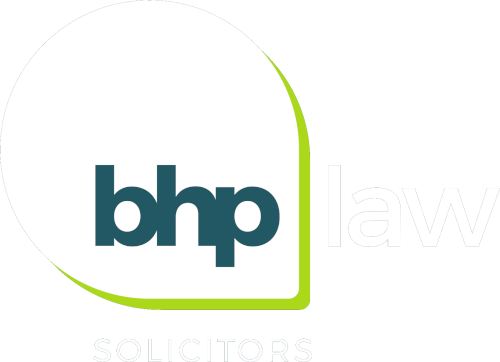29th April 2022

At the moment it is difficult to avoid news updates on the Depp v Heard case ongoing in the USA. Both parties are making shocking allegations of domestic abuse against one another, and a lot is at stake for all involved.
Johnny Depp’s lawyers played a recording in Court of Amber Heard saying “Men can’t be victims of domestic violence...tell the world Johnny, tell them… I Johnny Depp, a man, I’m a victim too of domestic violence… and see how many people believe or side with you.”
In my experience, this is not correct. That is not to deny that most victims of domestic abuse I have helped are female, men are also victims of domestic abuse.
In terms of what type of person can be a victim of domestic abuse, the answer is, anyone can.
Some people are able to talk about the abuse they have suffered, whereas some people can barely speak about it without falling apart. What I do find, is that nearly all victims worry that they won’t be believed, that they can’t prove what has happened, that they are trapped and suffer from low self-esteem.
On the positive side, it is wonderful to see the relief of someone who finally feels that they have been heard and justice has been done. This can be a mixed bag of emotions for that person.
The case between Johnny and Amber gives the public a view of how awful one human being can be to another. I have come across some pretty horrific examples of domestic abuse during my time as a family lawyer. It is limited only by the imagination of the perpetrator.
In my experience, abuse escalates if action is not taken. Unfortunately, a lot of victims, for many reasons, after having taken initial advice, go back to their abusers. Thankfully, they will often come back once they realise the pattern of abuse won’t change. A case where the victim left after just one incident does not spring to mind. Perpetrators often apologise and promise “it won’t happen again”.
There are difficulties - a lot of abuse happens behind closed doors, meaning it is one person’s word against another. Sometimes a victim asks for help from people who don’t understand domestic abuse, which in turn puts them off reporting issues further. A course of behaviour can be multiple small things that amount to coercive control rather than serious distinct incidents. There is also the difficulty that often the perpetrator will make counter-allegations. Sometimes the victim doesn’t recognise what is happening to them is abuse. Often the abuser does not realise what they are doing is abusive. Sometimes the abuse can be mutual. Each case is different and should be approached with an open mind.
In family proceedings where domestic abuse allegations are made, the process was previously to put together a schedule of your strongest allegations - the most relevant and the ones with the strongest evidence, although it is now accepted that that is not always appropriate in terms of coercive control. The allegations can be made in a statement with evidence. Depending on whether the proceedings are brought in the Civil or Criminal courts, will determine what standard of proof needs to be established. The civil standard of proof is on the balance of probabilities – that it is more likely that something happened than not. This is different to the criminal standard of proof of beyond reasonable doubt.
If you are a victim of domestic abuse, please remember that what is happening is not your fault and it is nothing to be ashamed about. It is the abuser who is in the wrong.
We strongly advise that you speak to a trained professional to get the help and support you need. Below are the names of local domestic abuse organisations. Ring the Police. Ring Social Services. Speak to a friend or family member you trust. Speak to a family lawyer.
BHP Law offers a free half-hour appointment for family law issues including advice on domestic abuse and hold a Legal Aid contract. All advice is fully confidential.

